
Over the last few months, Abdulelah has been on placement with the Temple Quarter Programme Team as part of the BSc Business and Management course working with the leads for Civic Engagement and Social Purpose.
The Temple Quarter Enterprise Campus (TQEC) is the University’s new campus near Bristol Temple Meads Station. The main academic building at the campus will open in 2026, the TQ Research Hub will open in 2024 and the wider site is already home to the Barton Hill Micro-campus, Bristol Dental School and Engine Shed.
Abdulelah shares his experiences and reflects on his time on the placement so far.
Why did you choose this placement?
I first came across this placement before I became a student whilst I was taking my Kaplan Foundation Course. I was keen to gain work experience and this course stood out to me. From the module description and discussions with the unit leader, I thought this module would be a great opportunity to apply my academic knowledge in a workplace setting.
What have you been up to?
During the later parts of January and all of February, I’ve been developing the project idea of a business clinic for the local community.
I recently submitted and presented my proposal and have had regular meetings with Nick, who runs the Barton Hill Micro-campus, and the TQ leads for Civic Engagement, Jill and Tara, regarding this.
I also attended a tour of Bristol Temple Quarter provided by Bristol City Council. This tour helped me better imagine and visualise the possibilities of TQ beyond what has been highlighted in my reading.
What do you hope to get out of the placement?
From this placement, I hope to gain a firmer understanding of the inner workings of organisational efforts tailored to aiding the community. I have been on this placement for just short of four months and can assess that this goal is actively being achieved as I gain more experience engaging with the TQ work environment.
I am currently working on a business clinic proposal which has helped me understand how business cases are developed. By the end of this placement, I hope to continue using what I’ve learned in my course and apply it in real-world situations for the betterment of the community. I also hope that this will continue to enrich my learning experience and future work experience.
What skills have you developed throughout the placement?
During my time I have developed my communication, research, analytical and complex problem-solving skills. By proposing an idea of a business clinic, many factors needed to be considered, such as possible risks and consequences. By engaging with this I improved my complex problem-solving skills.
The most beneficial experience was presenting my idea, which required that I use all the aforementioned skills. For instance, to highlight the potential partnerships, I had to conduct research. To back up the reason for the partnership, I had to utilise complex problem-solving skills to highlight how the potential partners could fit in the umbrella of the business clinic.
How has this placement developed your future aspirations as a workplace professional?
During my time at Temple Quarter, I have identified more of my professional prospects, as I would like to work within the field of project management in the future. Specifically, I would like to work within the realm of community engagement and any sort of work in an organisation from a project management lens that caters to aiding and empowering the local community.
As an international student, this experience has helped me form a deeper connection with the city of Bristol by conducting research on the local area, the issues faced and speaking with businesses regarding their methods of operation. I feel this has enriched my experience at the University of Bristol.


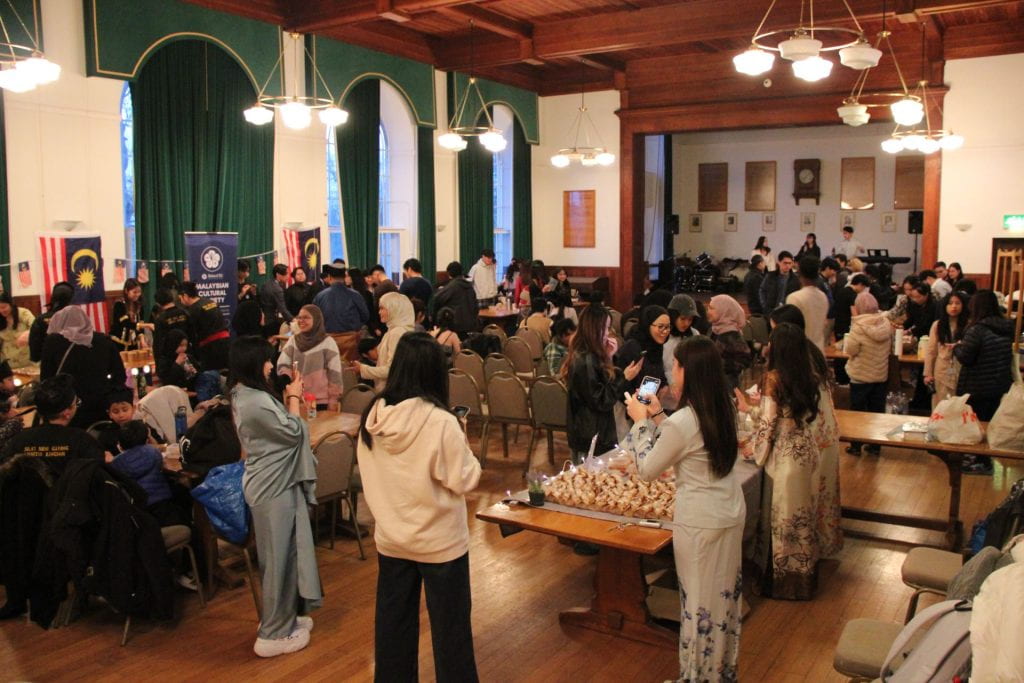
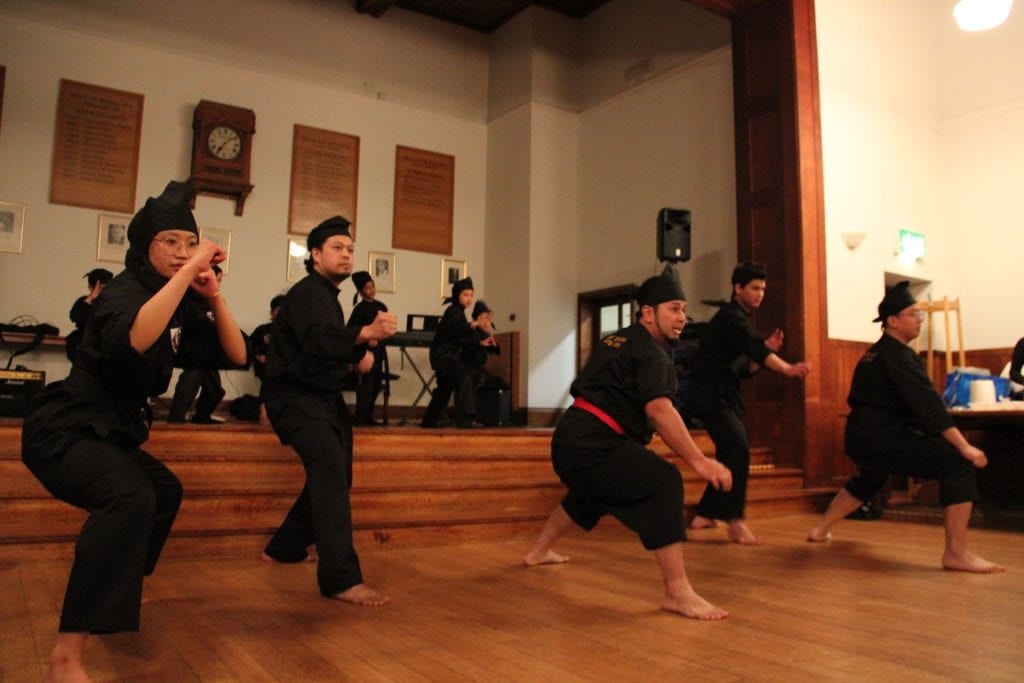




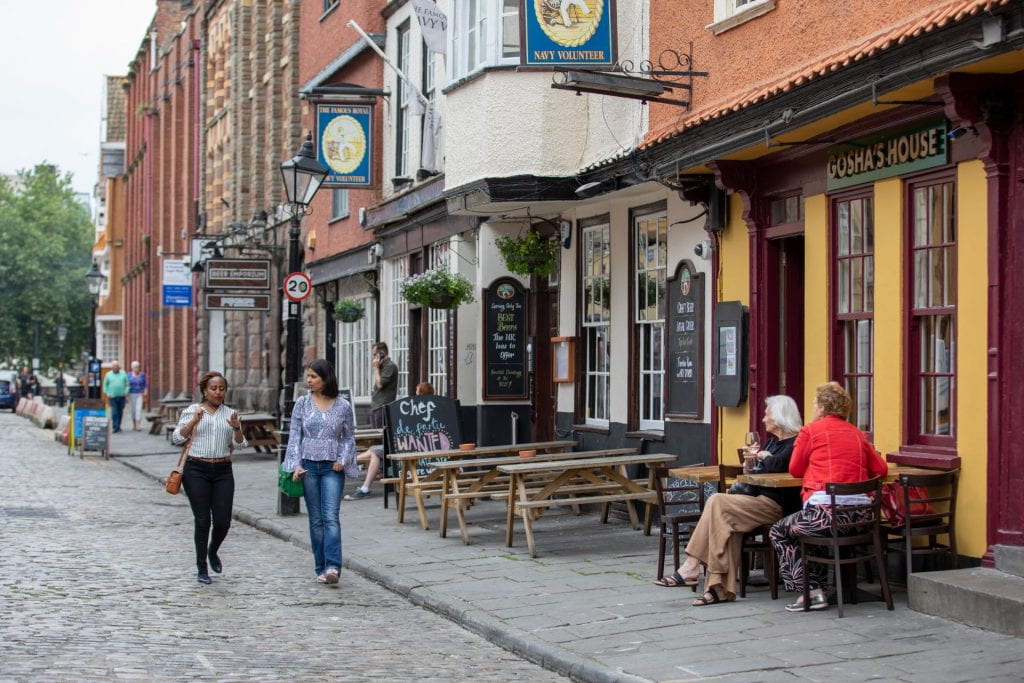




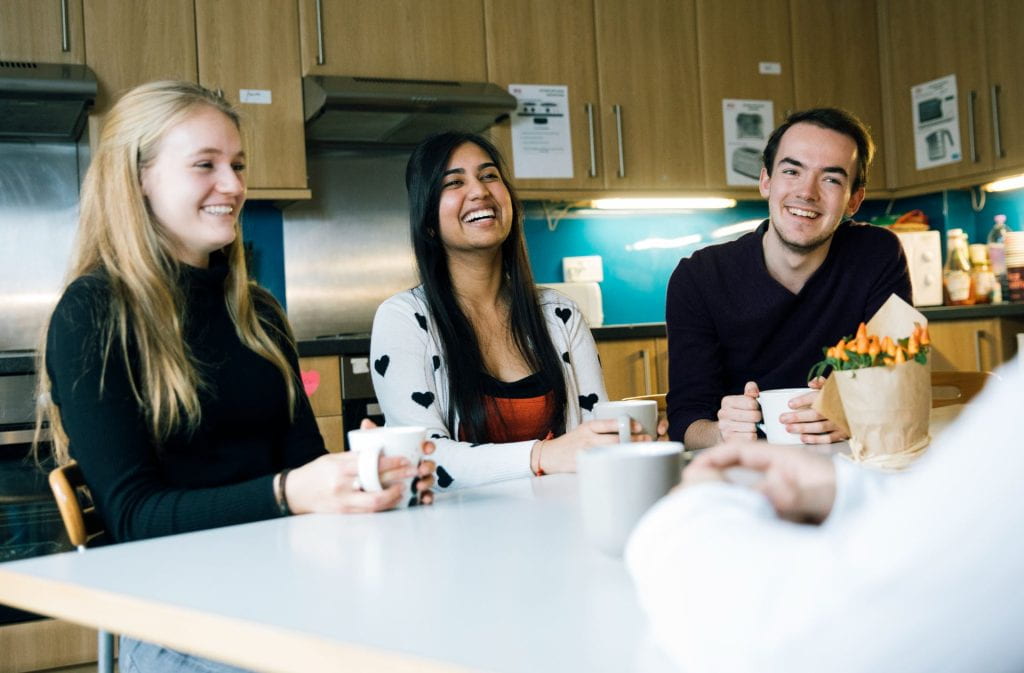

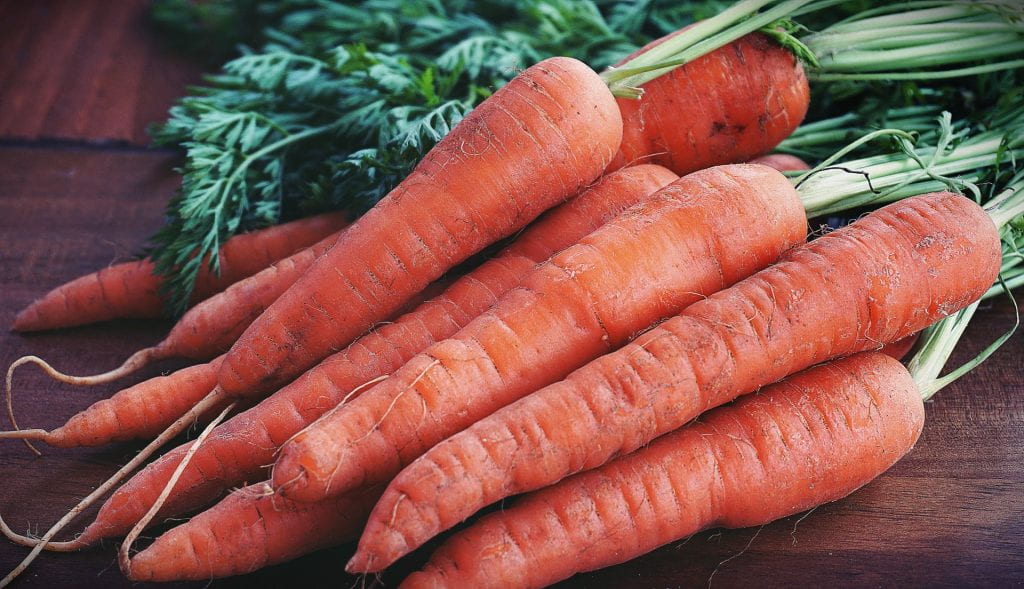

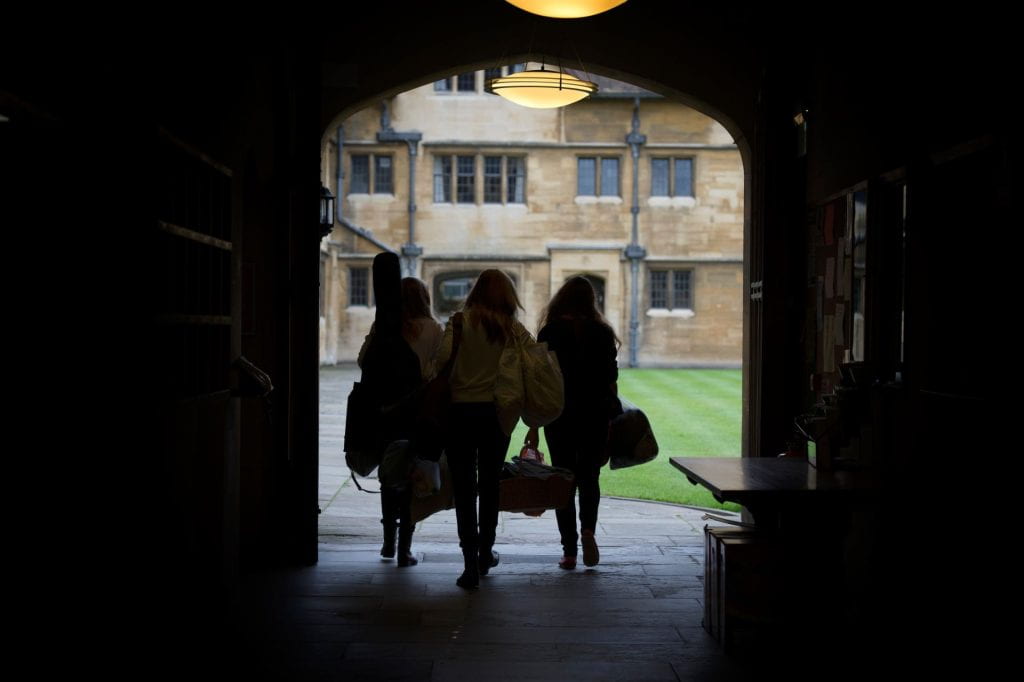


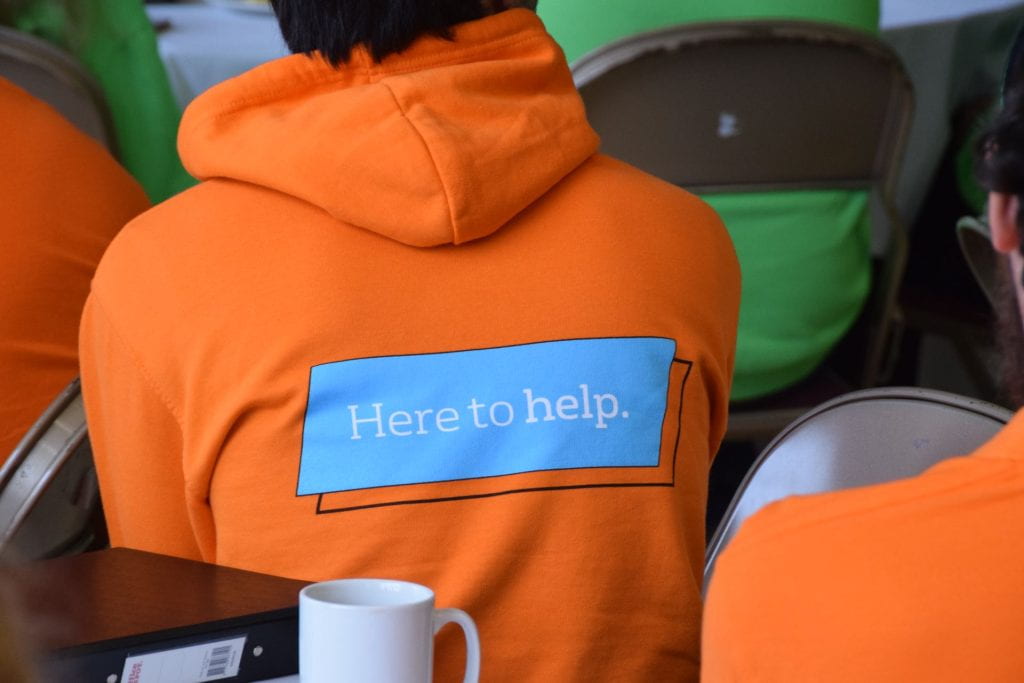

 Café Nero, Costa, and Starbucks all have offers when you get your coffee in a re-usable cup, so instead of adding to the 2.5 billion disposable coffee cups that are thrown away each year (estimated by Costa), save money by taking your own!
Café Nero, Costa, and Starbucks all have offers when you get your coffee in a re-usable cup, so instead of adding to the 2.5 billion disposable coffee cups that are thrown away each year (estimated by Costa), save money by taking your own! Say no to plastic cutlery when you order in
Say no to plastic cutlery when you order in

